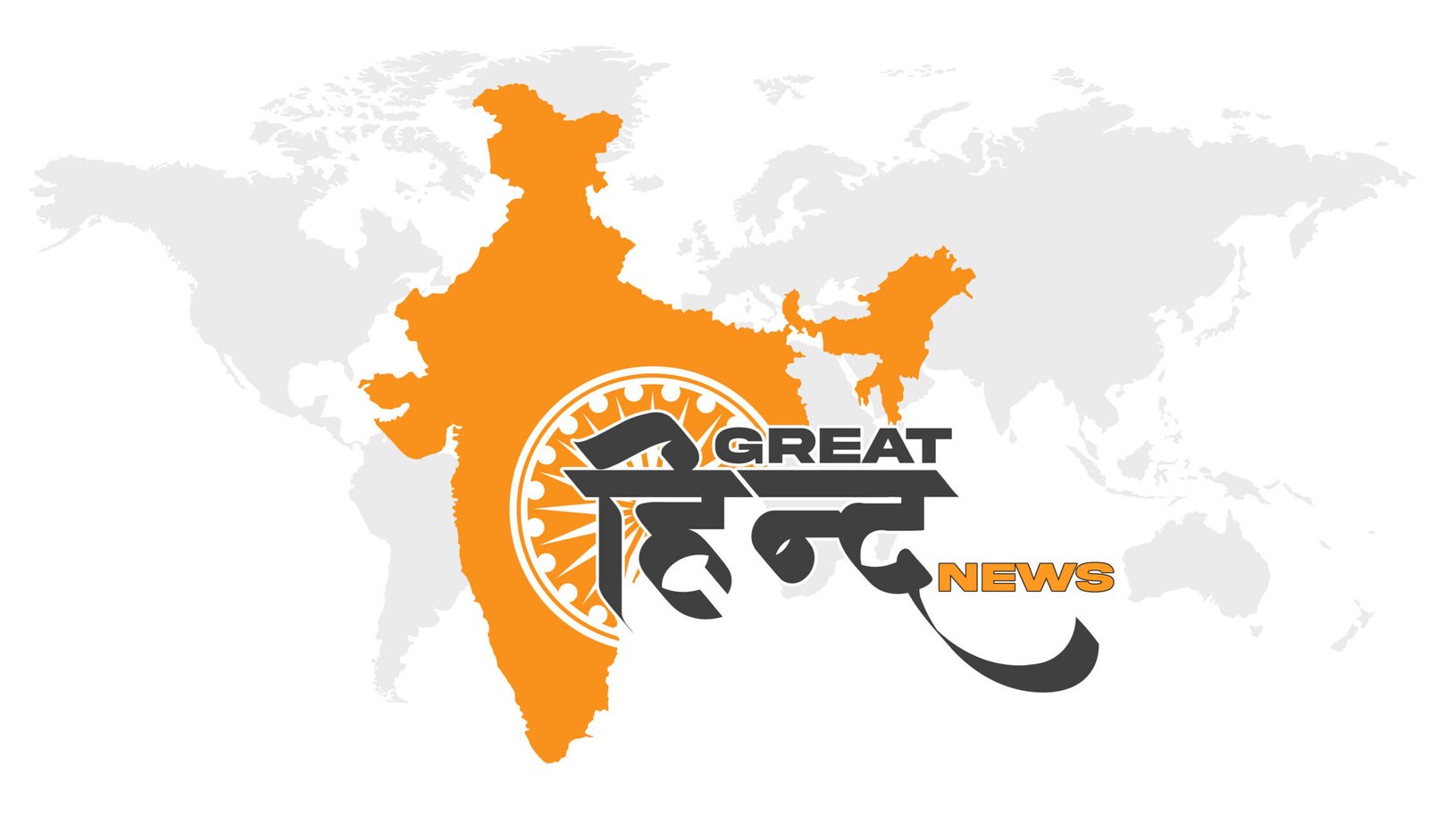The detection of five Human Metapneumovirus (HMPV) cases in infants across Karnataka, Tamil Nadu, and Gujarat underscores the importance of robust public health surveillance and response systems. While the emergence of these cases-the first reported in India-has understandably raised concerns. The swift identification of these cases through routine surveillance by the Indian Council of Medical Research (ICMR) highlights the effectiveness of India’s integrated disease monitoring framework. The timely intervention and successful recovery of the affected children, including one requiring ventilator support in Gujarat, speaks to the strength of India’s healthcare system when equipped with adequate resources and awareness. HMPV, a globally recognised respiratory virus, primarily affects young children, the elderly, and immuno-compromised individuals. First identified in 2001, it has been a known entity in the realm of respiratory pathogens. The virus is similar to influenza and other common cold viruses and can lead to symptoms ranging from mild cold-like illnesses to severe respiratory distress in vulnerable populations.
Right now, the situation demands sustained vigilance. As respiratory illnesses surge globally, particularly during winter, the risk of widespread outbreaks remains a possibility. The Government’s proactive directive for hospitals to stay prepared for a potential increase in cases is a prudent step. Early detection, isolation, and treatment are crucial to mitigating the impact of such pathogens. Public awareness is equally vital in combating the spread of HMPV. The general public must be informed about preventive measures, including maintaining respiratory hygiene, wearing masks in crowded places, and seeking prompt medical attention for persistent respiratory symptoms. At the same time, health authorities should ramp up the management of HMPV cases. While there is no evidence of a surge in respiratory pathogens in India, as confirmed by ICMR and the National Centre for Disease Control, a collaborative and proactive approach involving Governments, healthcare providers, and international organisations like the WHO is necessary to address emerging health threats effectively. The need of the hour is vigilance, preparedness, and a coordinated response. The country is well-equipped to navigate this new challenge and safeguard the health of its citizens.

Tackling HMPV
Hot this week
Related Articles
Popular Categories


